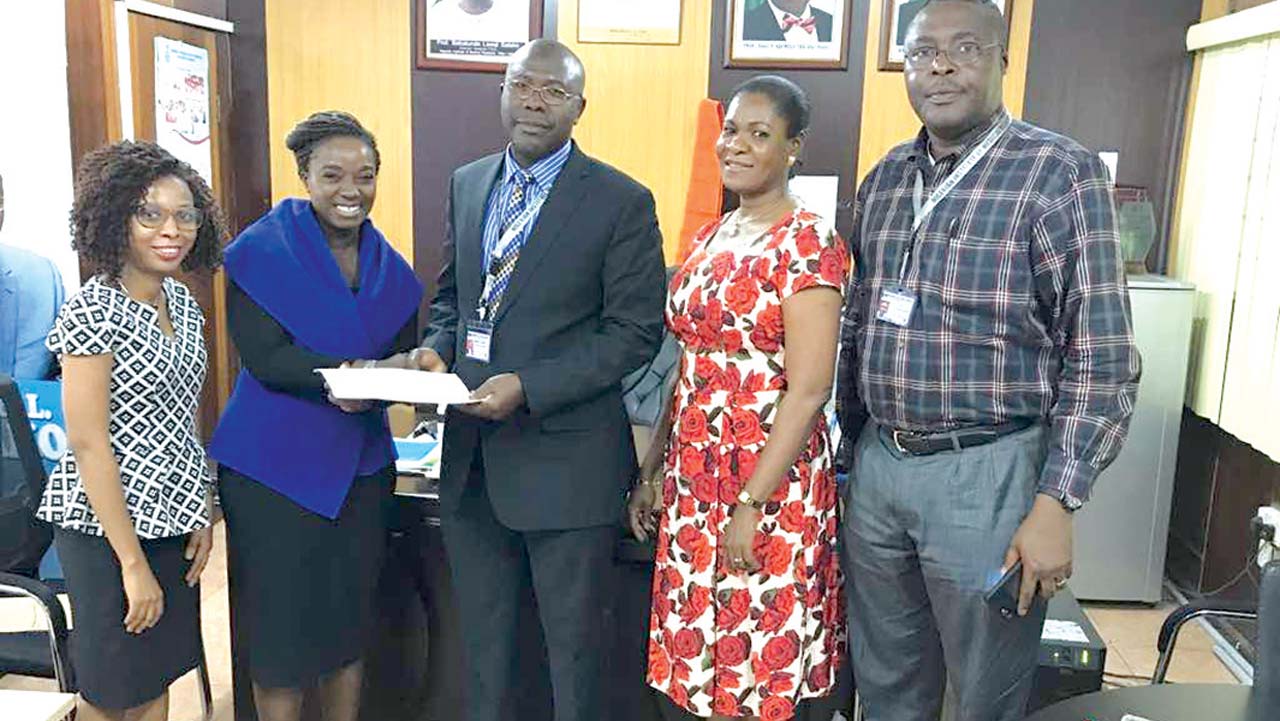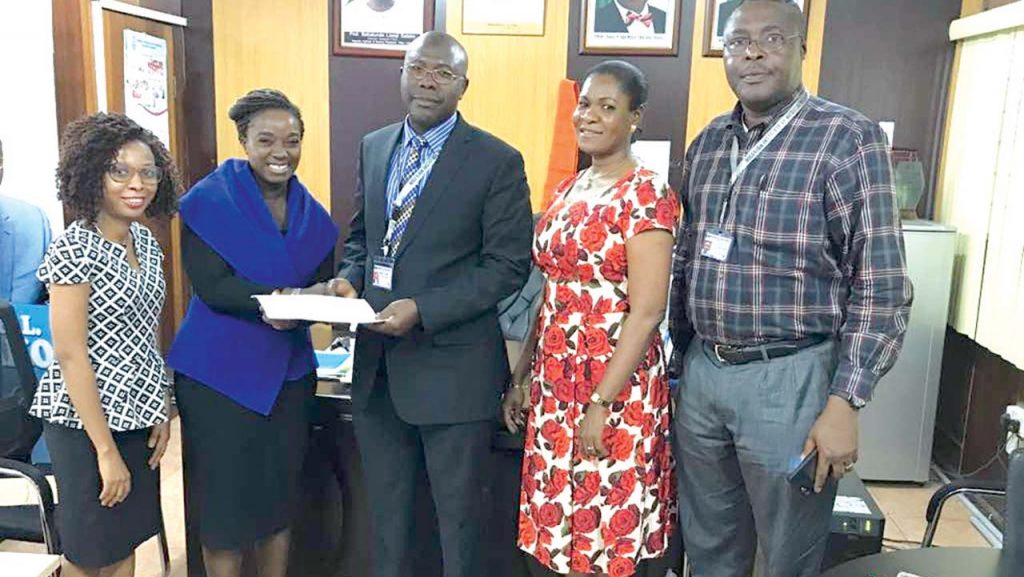The Women At Risk International Foundation (WARIF) has unveiled plans to reduce the increasing spate of rape, sexual assault and human trafficking among young girls and women in Nigeria by 30 per cent within a 12 months period.

This was disclosed by the founder of WARIF, Kemi DaSilva-Ibru, at a sensitisation workshop for 500 Traditional Birth Attendants (TBAs) in Lagos on Wednesday. She noted that in many communities across Nigeria, stigmatisation and the shroud of silence still surrounds cases of sexual violence and rape.
“This often times make it difficult for young girls and women to seek help. She is made to feel guilty and ashamed of this abuse and reluctance to visit centres like WARIF Centre to get the necessary medical and psychosocial care needed.
“However, through the partnership and training of Traditional Birth Attendants (TBAs) who are regarded as trusted members and the ‘gate keepers’ of many rural communities, dedicated to caring for expectant mothers and women who have experienced abuse, we would be able to reach many of these affected women and offer care and other services we provide.
“Recognising their importance in the community, this project will sensitise the TBAs in supporting survivors of sexual assault and rape through sensitisation workshops, e-learning forum and monthly meetings to recognise, manage and collect data on incidences of sexual assault and rape,” she said.
WARIF is through the special initiative known as Community Gatekeeper Project, training 500 TBAs, drawn from Ikorodu, Alimosho, Lagos Island, Epe and Badagry, in partnership with the Aspire Coronation Trust Foundation (ACT) to reduce the rate of gender-based violence by empowering women to speak out against abuse in their communities.
Also speaking during the workshop, Ayodeji Ojo, ACT programme officer, described the training as a platform for expected mothers and women attended to by TBAs to report, through WARIF’s 24 hour confidential helpline, cases of gender-based violence.
“We are concerned about reducing the incidence of rape and recognise signs of sexual assaults, as well as importance of reporting cases to the police and referring survivors.”
According to Olushesi Tajudeen, national president, Association of Midwives of Nigeria, “today, all TBAs in Lagos are here for a training on how to recognise the signs of sexual assault and rape and on how to report these cases. We are from various communities and we are going back to communicate, educate and inform our communities, so as to stop sexual assault.”

